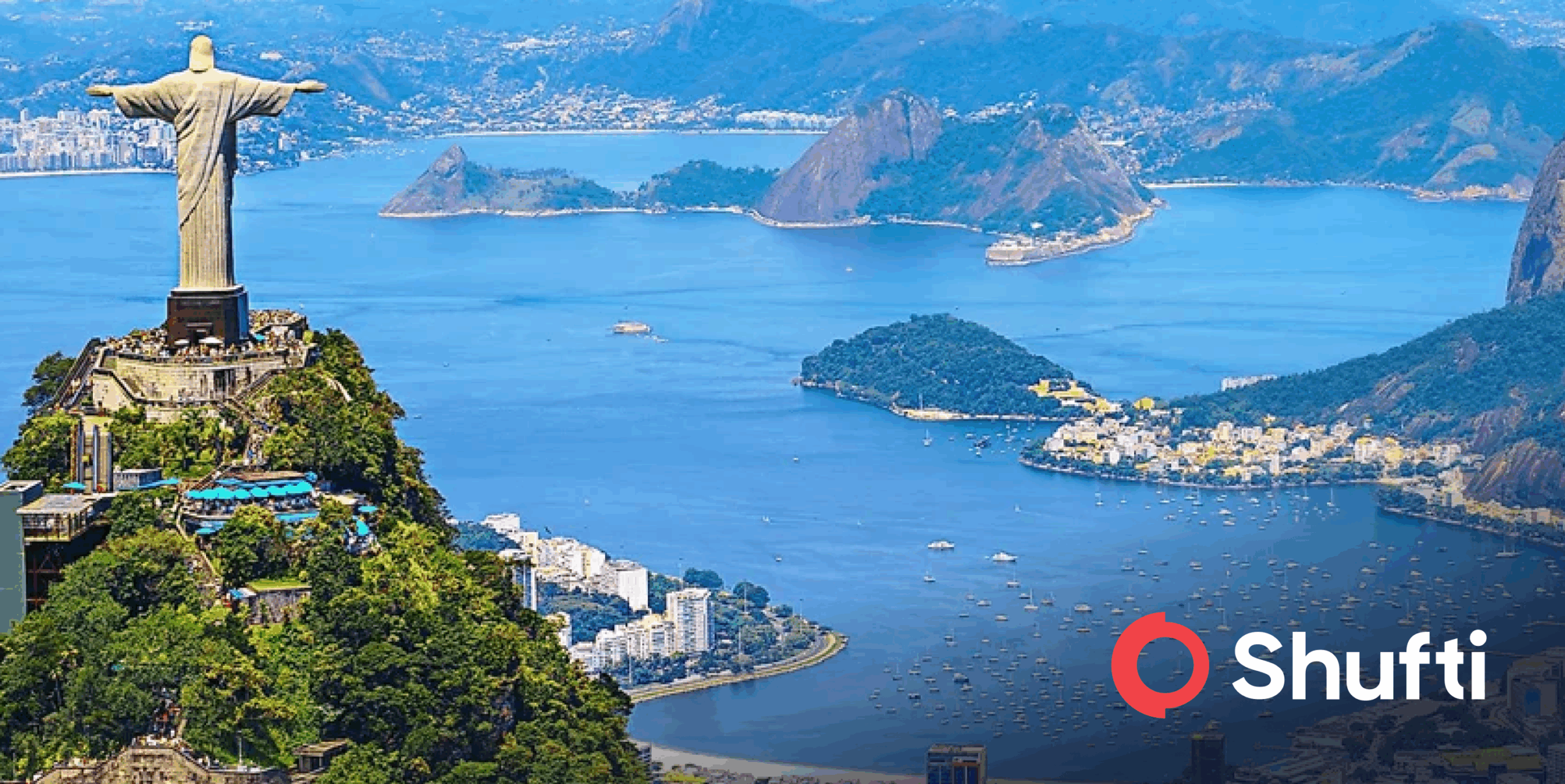Brazil enacts new law to regulate children’s use of social media and digital platforms

Brazilian President Lula da Silva on Wednesday (Sept 17) signed a new child protection bill into law. The law aims at regulating social media usage, online games, and other digital services being used by children and adolescents, imposing strict obligations on tech giants and penalties for noncompliance.
The law, known as the “Adultization Bill” or “Digital ECA (Child and Adolescent Statute),” will take effect after 6 months (180 days) and updates Brazil’s 1990 Child and Adolescent Statute. It requires platforms to implement parental controls, verify users’ age with robust mechanisms, and restrict harmful content.
Digital platforms must adopt safeguards against sexual exploitation, violence, harassment, encouraging self-harm, deceptive advertising, and gambling, including other predatory practices. Under Digital ECA, the tech giants are mandated to authenticate age and implement parental control tools, which will allow parents or guardians to set limits on screen time, manage content recommendations, and block unauthorized contacts.
If an under-16 user signs up for an online account, Digital ECA mandates that the account be linked to the parent or guardian who will receive reports or alerts on account usage. It allows the guardian to restrict any interactions deemed harmful for the minor. Up until now, almost all services depended only on self-declaration, with users simply clicking yes to the question, “Are you over 18?”. However, this law bans this practice, characterising it as ineffective.
If a technology company fails to comply, Brazilian authorities may levy penalties of up to 10% of its local revenue, limited to a maximum of $10 million for each violation.
In a speech at the signing ceremony, Lula stated that the legislation represented a step toward Brazil’s “digital sovereignty” and criticized technology firms for failing to self-regulate.
“Freedom of expression is a nonnegotiable value, but it cannot serve as an excuse for committing crimes in the digital world,” said the President of Brazil.
He also announced a provisional decree granting the National Data Protection Authority autonomy to enforce the law, which signals the ANPD will play a leading role in monitoring compliance, especially around data collection and privacy of minors.
Luiza Teixeira, a child protection specialist at UNICEF Brazil, said the law was “very robust, with high technical quality.” She cautioned, however, that artificial intelligence is heightening risks by being used to create manipulated sexualized images of children.
The bill was introduced in 2022 but began to advance only after Aug. 6, when influencer Felipe Bressanim Pereira, known as Felca, posted a video drawing attention to cases of child exploitation online. The discussion intensified on Aug. 15, when influencer Hytalo Santos was arrested on accusations of producing and distributing sexual material featuring minors.
Reports of child pornography increased sharply after Felca’s video. SaferNet Brasil said it registered 76,997 case reports of human rights violations on the internet between January 1 and July 31, 2025. Of those 49,336 cases, or 64%, were tied to child sexual abuse and exploitation.
The Chamber of Deputies approved the bill on Aug. 21, and the Senate passed it a week later. This was then signed into law by the President. Few lawmakers opposed the measure, though some warned of potential overreach that comes with the regulation of online free speech.

 Explore Now
Explore Now













